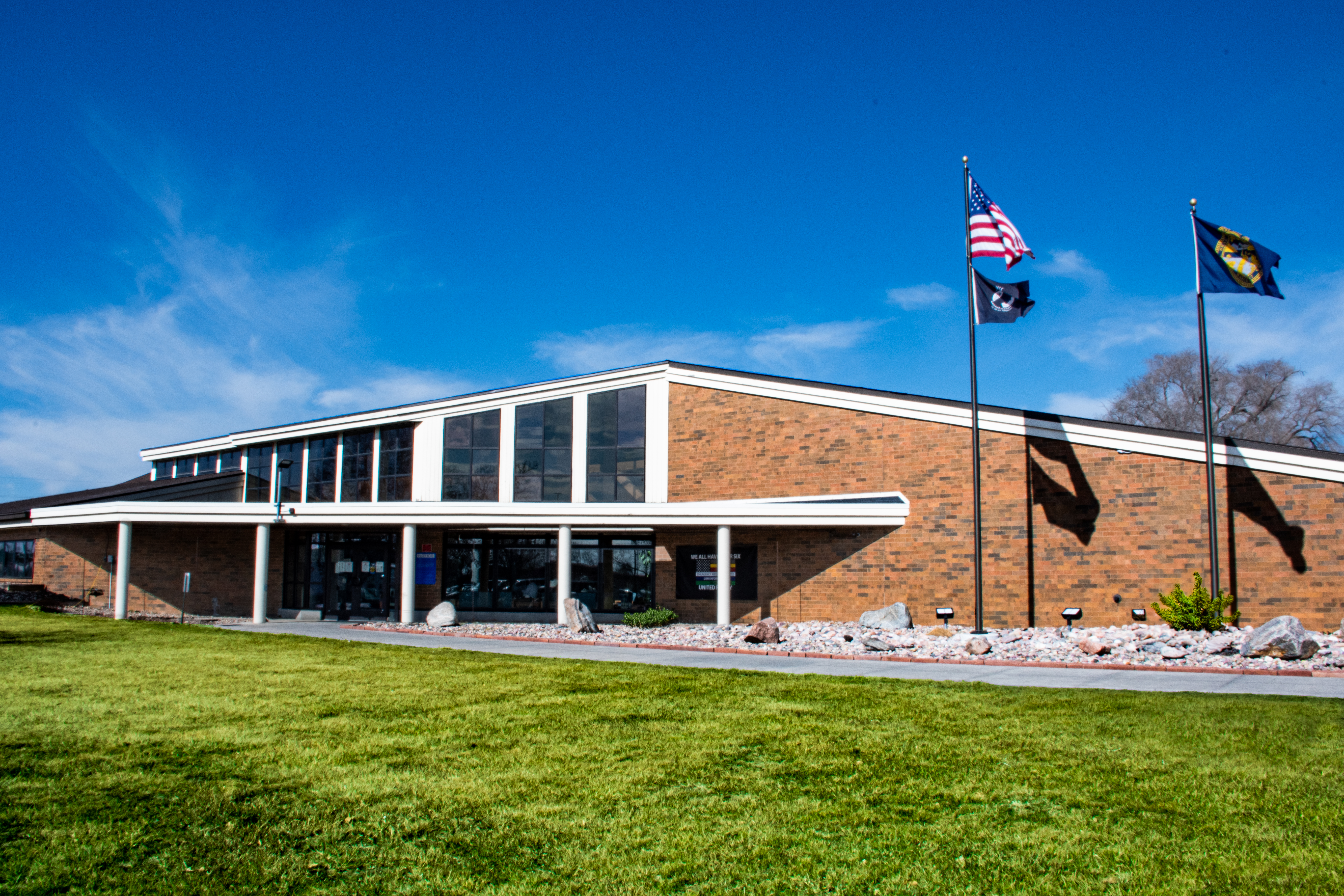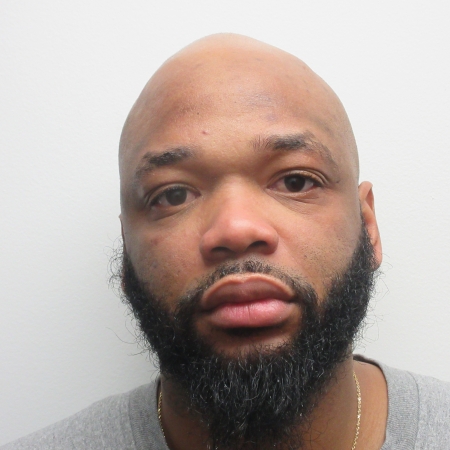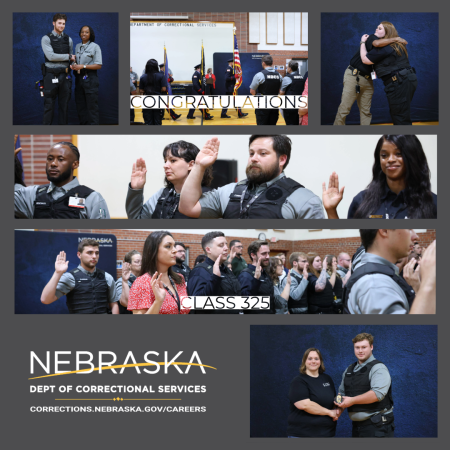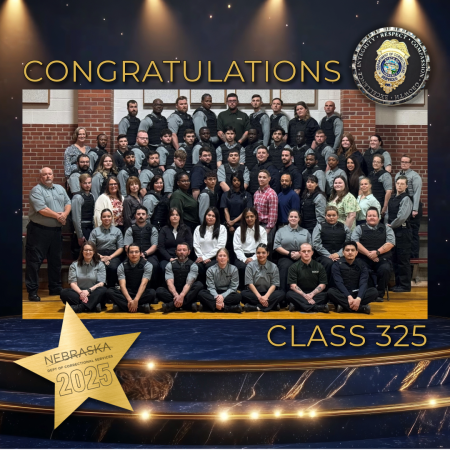
Community Corrections Center - Omaha

2320 Avenue J
Omaha, NE 68110
United States
The Community Corrections Center-Omaha is a community-based facility that houses male inmates that are classified as Community A and Community B custody inmates. The facility has 63 beds designated for male inmates assigned to the work detail program and 116 beds available for male inmates participating in the work release program.
Community custody is the lowest custody level and the least restrictive environment. Individuals assigned here participate in "work detail" or "work release."
The first several weeks after arrival are spent on work detail - a job in the community supervised by corrections staff or community staff with specific corrections training. Work detail assignments are generally for NDCS or other state agencies and can include cleaning and road crews, maintenance or administrative office work.
Following a time on work detail, individuals are provided an opportunity to go into the community to look for jobs. Once a job is secured and community corrections staff have been in contact with the employer, individuals can be assigned to work release. Individuals on work release are employed in the community, receive competitive wages and pay applicable taxes. Also available is educational release, where individuals attend local vocational/technical/business/community colleges and universities. Individuals are responsible for their own transportation to and from work and are expected to adhere to a pre-approved schedule are responsible for his/her own clothing and personal items and pay room and board of $12 per day.


